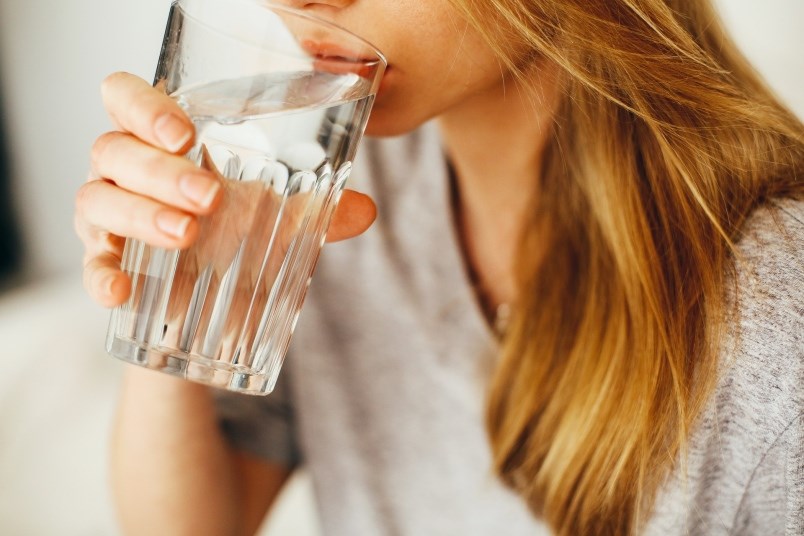By Braden Dupuis
The Resort Municipality Of Whistler is under fire for not taking steps to address its corrosive water following an investigative report by , and the University of British Columbia.
As part of the investigation, reporters collected water samples from 10 homes, two hotels and one Airbnb property and had them tested for lead.
"All of the samples contained traces of lead and seven contained lead levels exceeding Health Canada's guideline of five parts per billion (ppb). In addition, samples collected from one hotel room and another home rented through Airbnb also exceeded the recommended federal limit," a story published by the outlets read, in part.
The highest lead levels were found on "first draw" sampling—done without running the taps or flushing the pipes of a system first.
Though lead levels did tend to drop after flushing, lab tests showed lead was still present in some flushed samples, according to the research done for the investigation.
Corrosive water can leach metals like lead and copper from plumbing fixtures, as was the case in the Village of Pemberton in 2016.
Research has shown that there is no safe chronic exposure levels to lead, and that blood-lead concentrations—even at low levels—are linked to lower IQ scores in kids aged three to five, and the associated declines in IQ are in fact greater at lower blood-lead concentrations.
Whistler's corrosive water—and the potential hefty price tag of correcting it—was last broached publicly at the May 8, 2018 council meeting.
A spokesperson for the RMOW said a report will come to council "early next year" looking at water conditioning and other options for addressing corrosion.
The main message for homeowners on the coast is to flush their taps—or let the water run until it's cold—before drinking it.
Read more from





